Thriller Thursdays: Incendies - In the Heart of Darkness
The film revolves around Canadian siblings who are twins travelling to the Middle East to fulfil their mother’s last wish and discover the truth about their family.
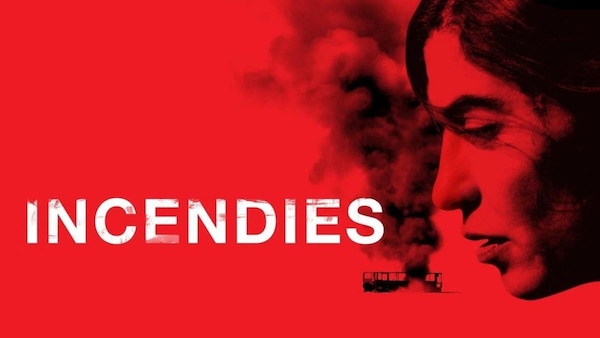
Last Updated: 07.00 PM, Mar 10, 2022
Intro: In our weekly column, Thriller Thursdays, we recommend specially-curated thrillers that’ll send a familiar chill down your spine.
It’s rare for a heart to be broken, and in spite of this being so searingly personal, for religions and countries to have to stand guilty for it. In a world that accepts ‘murder’ as common coinage, but falling in love outside a society’s artificially-set boundaries as an abomination, hope for any redemption seems well-nigh impossible.
Incendies (French title: Fires) is a devastating film, sitting, with embers in its lap, at the crossroads of religion, war, family, and individualism. What commences with a death, proceeds as a familial search, and suddenly opens up into the anguish of an entire populace. The film starts with soldiers cutting the hair of young boys and getting them battle-ready to the plaintive pain of Radiohead belting out ‘You and Whose Army?' in the soundtrack. And it is evident that anguish is to be met at the core of this story.
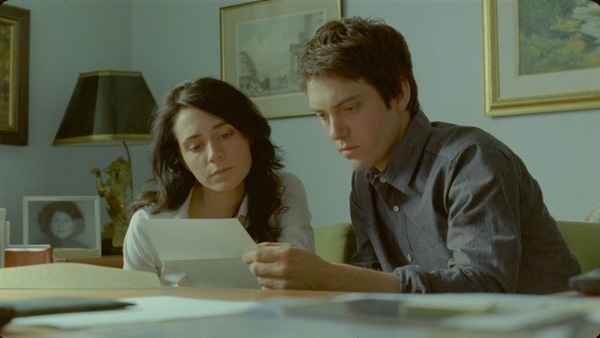
Canadian twins Simon Marwan (Maxim Gaudette) and Jeanne Marwan (Mélissa Désormeaux-Poulin) discovers that their mother, Nawal (Lubna Azabal) has left behind a peculiar request after her death. She asked Jeanne to hand over a letter to her father and Simon to give one to his brother — people they know nothing about. They embark on a journey to trace their mother’s roots in the Middle East and excavate the threads of her past. Initially, Jeanne embarks on the quest on her own as Simon is reluctant to be a part of the task but later joins the quest too.
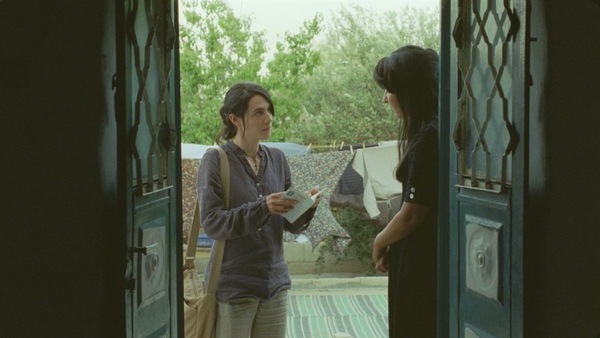
As Jeanne sets on her journey, her mother’s life unravels through flashbacks. Nawal was an Arabian Christian living in an unnamed Arab country, in a village where she falls in love with a Muslim refugee, who impregnates her. When her family learns about this,her brother kills her lover in cold blood. Her grandmother manages to protect Nawal, and once the child is born, she sends him off to an orphanage and Nawal moves to another city and begins a new life. Before her child is taken away from her, Nawal makes a solemn promise to the newborn, “I will find you one day, I promise you with my heart”. Soon enough, she commences to search for the boy — and the visceral saga of prejudice, hatred and religious intolerance continues.
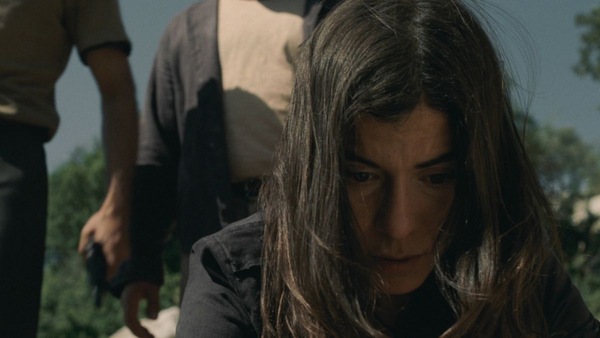
As Nawal travels from one orphanage to another, her search seems to be in vain as she finds that most have been destroyed or incinerated. In her journey, she even narrowly survives a massacre in a bus at one point. The non-challant depiction of slaughter, the miasma of fear, the little girl she tries to save from being executed, the burning of the bus as she douses her own fire with her tears, Nawal’s face hardens, and even as questions continue to haunt her (what is that belief that makes a man kill and maim with such impunity?) her purpose is set with what she witnesses.
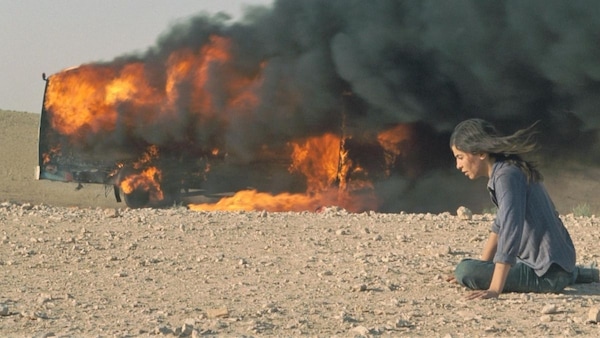
And as Jeanne retraces her mother’s life into her village, she discovers the truth of present-day reckonings, and how prejudices continue to persist. The villages have the same ragged rocks and crumbling houses, the towns have the same sandblasted homes and unkempt sunlit lanes — with signs of age and war, only the blood trails of those whose blood has split a thousand times has turned into a flood of tears, and the survivors seek retribution. Jeanne is chided, insulted, and turned away.
She requests Simon to help in the search, and as they get into the heart of the truth, they also get into a heart of darkness. Revelations are gradual and it takes them a while to get to the bottom of the affair, while they keep wondering who their father was and what came of their brother. And the saga of horror and heartbreak finds its visceral revelations.
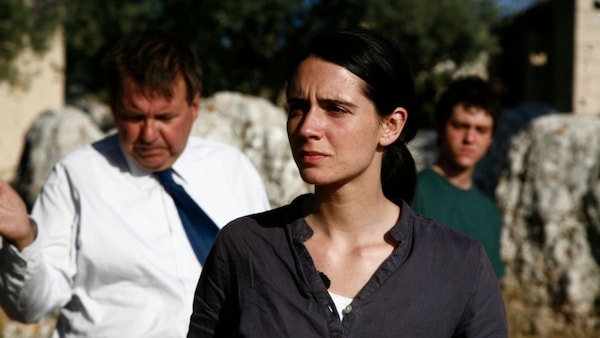
Incendies is an indictment of everything senseless which demarcates man from man, and turns people into beasts — the casualness of the kill, the overbearing influence of religion, the mayhem done in the name of honour, the inequity of an entire system which turns people into their worst selves and changes lives with heart-rending irrevocability.
Director Denis Villeneuve fills the film with haunting sounds and images — the sounds of weeping, the screams of childbirth, the crisp crackling of a bus in flames, the cinder emerging from the flames, the blood-spattered visceral image of a baby being born in a world which is ready to forsake it, the sudden blast of a gun being fired, the sound of a woman singing in jail, the situational use of Radiohead songs. The gruelling shock of the film comes from these strokes of suggestion rather than showing the deed itself. Killings are never shown for their goriness, but for their impact. And time and again, the barrenness of the land is symbolic of the souls of men who have found religion, politics or belief to be greater than family, understanding and love.
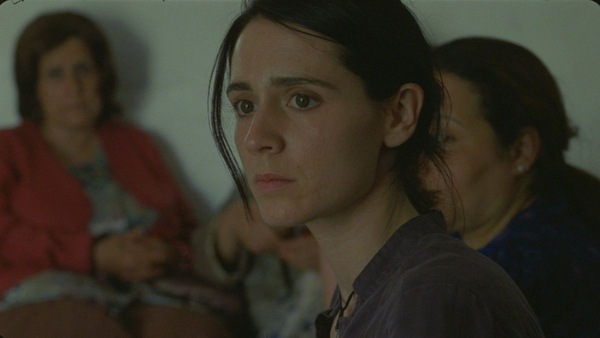
This film was made more than a decade ago, but its searing indictment has its truth still reverberating in the arteries of the world today. Because often forgotten in the stories of the big bomb and the blasted city centres and the honour killings and the casual rapes is their horrific effect on an individual or a family. Incendies takes one deep inside that darkness, where redemption is hard to find, where memory can defile your soul, but forgiveness can still bring back a semblance of grace and dignity, even if only to the person who has died defeated.
Trivia
- Denis Villeneuve went on to make the outstanding films Sicario, Arrival, Blade Runner 2049, and the magical Dune. Incendies was chosen by The New York Times as one of the top 10 best films of the year when it was released.
- The film is partly based on the life of Souha Fawaz Bechara who is a Lebanese national. In 1988, at the age of twenty-one, she attempted to assassinate General Antoine Lahad of the South Lebanon Army, a militia funded by Israel.
- Two tracks by British band Radiohead “You and Whose Army?” and “Like Spinning Plates”, were in the film’s soundtrack. The numbers were used with such accuracy and impact that they were mentioned time and again in discussions and reviews.
You can watch Incendies here
(Views expressed in this piece are those of the author, and do not necessarily represent those of OTTplay)
(Written by Sunil Bhandari, a published poet and host of the podcast ‘Uncut Poetry’)

